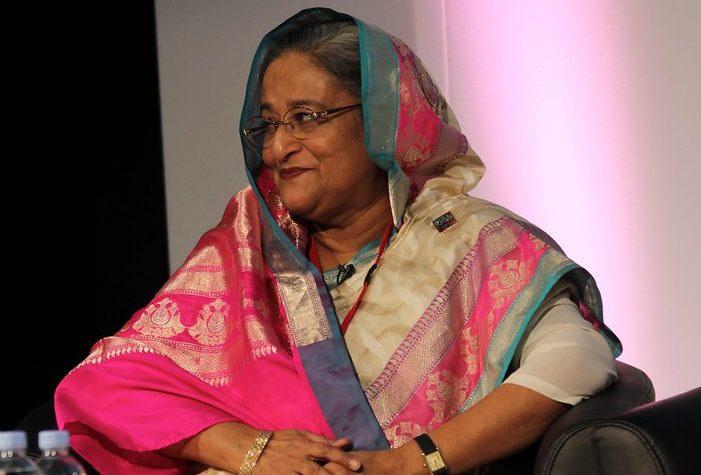Bangladeshi prime minister Sheikh Hasina will announce, on Monday, the nation has achieved universal access to electricity, just 15 years after suffering a severe power crisis.
With clean energy plants supplying 781MW of Bangladesh's total generation capacity of 25.5GW, officials say photovoltaic mini-grids and solar home systems enabled the provision of electricity in remote char lands – areas surrounded by water – and in mountainous regions.
pv magazine print edition
Solar accounts for 546MW of generation capacity in a nation which was the subject of power rationing a decade ago, with hydro supplying 230MW of the country's clean power generation facilities alongside 2.9MW of wind turbines, 690kW of biogas, and 400kW of biomass capacity.
Mohammad Alauddin, chairman of state entity the Sustainable and Renewable Energy Development Authority (Sreda), told pv magazine the country's six million solar home systems, mini-grids, and utility scale PV plants are part of a clean power mix supplying electricity to 10% of the country's population of more than 160 million people.
Even more people would have benefited from clean power but for pandemic-related delays in installing the nation's 1GW renewables project pipeline, according to Alauddin.
“Had there been no Covid-19 spread, at least 500MW of them could have come online meantime,” he said, “raising the shares of renewable energy’s coverage in terms of population.”
The government of Bangladesh has set a target to generate 40% of its electricity from renewables by 2041 while aiming to reduce pollution from power generation and to protect the environment.
Bangladesh is the current chair of the Climate Vulnerable Forum group of countries on the front line of climate change, which has pledged to strive for 100% renewable energy by 2050.
This content is protected by copyright and may not be reused. If you want to cooperate with us and would like to reuse some of our content, please contact: editors@pv-magazine.com.



2 comments
By submitting this form you agree to pv magazine using your data for the purposes of publishing your comment.
Your personal data will only be disclosed or otherwise transmitted to third parties for the purposes of spam filtering or if this is necessary for technical maintenance of the website. Any other transfer to third parties will not take place unless this is justified on the basis of applicable data protection regulations or if pv magazine is legally obliged to do so.
You may revoke this consent at any time with effect for the future, in which case your personal data will be deleted immediately. Otherwise, your data will be deleted if pv magazine has processed your request or the purpose of data storage is fulfilled.
Further information on data privacy can be found in our Data Protection Policy.